Those who memorized the Gettysburg Address or trudged through the logic of the Cooper Union speech may offer some argument, but many scholars consider Lincoln’s Second Inaugural Address to have been his greatest speech. He gave it 150 years ago today, March 4, 1865.
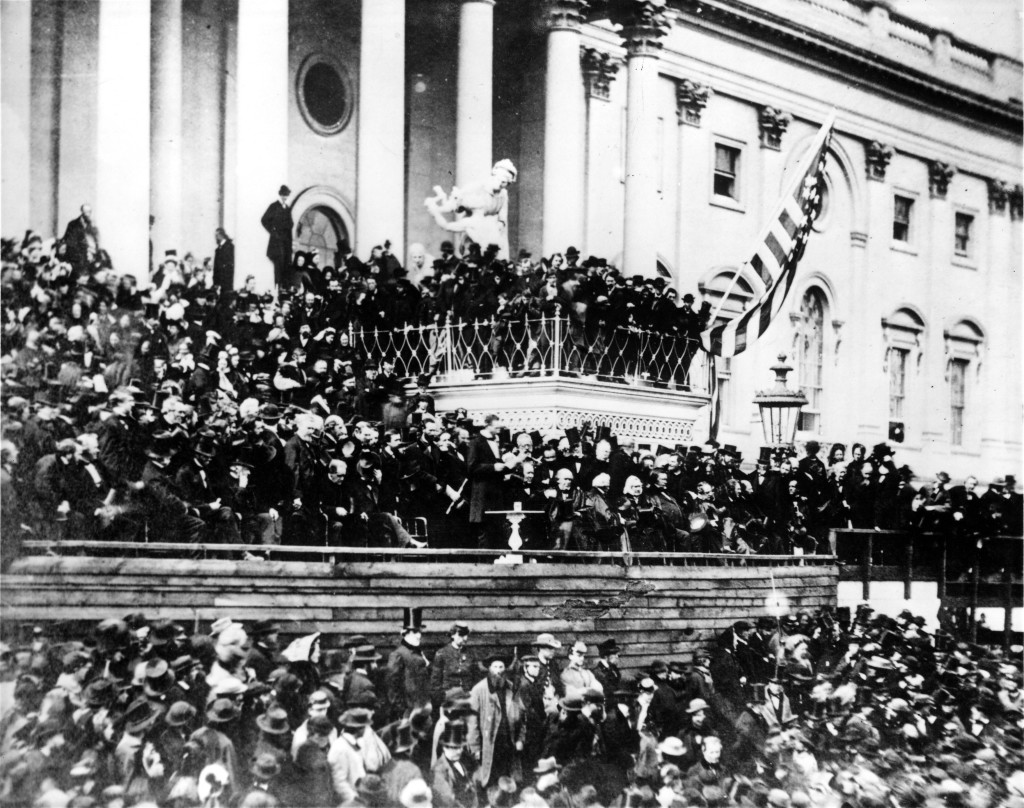
Much more concise and philosophical than his first inaugural address, this second inaugural came at a critical time in the Civil War. The previous November Lincoln had pulled out a resounding victory in the the presidential elections that only a few months before appeared to be an impossible dream. Sherman’s march to the sea and gift of the city of Savannah to Lincoln for Christmas helped shine light on what would be the end of the war just weeks after Lincoln took his oath of office for the second time.
The speech is somber even as it anticipates the successful ending of the war that had ravaged the land for four years. Then, while all “dreaded” the impending war, and “sought to avert it,” still, “the war came.” Now, the speech’s biblical references delve deep into the morality of the war, of slavery, and of the future.
He used alliteration to plead for the war to end.
“Fondly do we hope–fervently do we pray–that this mighty scourge of war may speedily pass away.”
It’s final passage is perhaps the greatest call for humanity ever written:
“With malice toward none; with charity for all; with firmness in the right, as God gives us to see the right, let us strive on to finish the work we are in; to bind up the nation’s wounds; to care for him who shall have borne the battle, and for his widow, and his orphan–to do all which may achieve and cherish a just and lasting peace, among ourselves, and with all nations.“
Of course, no one knew that Lincoln had only weeks left to live. Or that his assassin was on the balcony above him as Lincoln delivered his inaugural address.
Much has been written about the speech and its call for re-union of the country. Tonight I’ll be in the famed Statuary Hall of the U.S. Capitol attending a commemoration of the 150th anniversary of the second inaugural. Chaired by historian Harold Holzer and attended by Senators, Congressman, and Lincoln historians, the inaugural address will be read by the well-known actor Stephen Lang.
Then on Saturday, March 7th, the Lincoln Group of DC hosts three amazing events. We start with a reenactment of the address on the steps of the Lincoln Memorial, followed by a banquet at the Willard Hotel and an evening concert at the New York Avenue Presbyterian Church. There is still time to join us – see the details here.
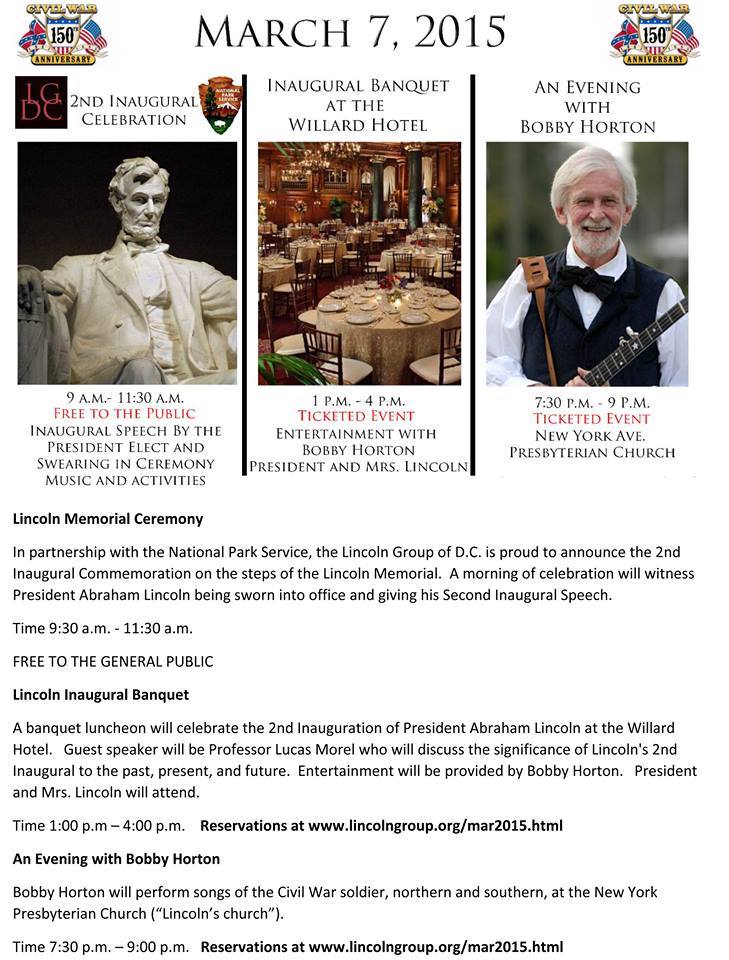
David J. Kent is a lifelong Lincolnophile and is currently working on a book about Abraham Lincoln’s interest in science and technology. He is also the author of Tesla: The Wizard of Electricity and an ebook Nikola Tesla: Renewable Energy Ahead of Its Time. His next book is about Thomas Edison.
“Like” me on my Facebook author’s page and share the news with your friends using the buttons below. Also check me out on Goodreads.



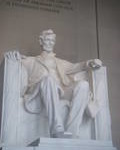 In partnership with the National Park Service, the
In partnership with the National Park Service, the 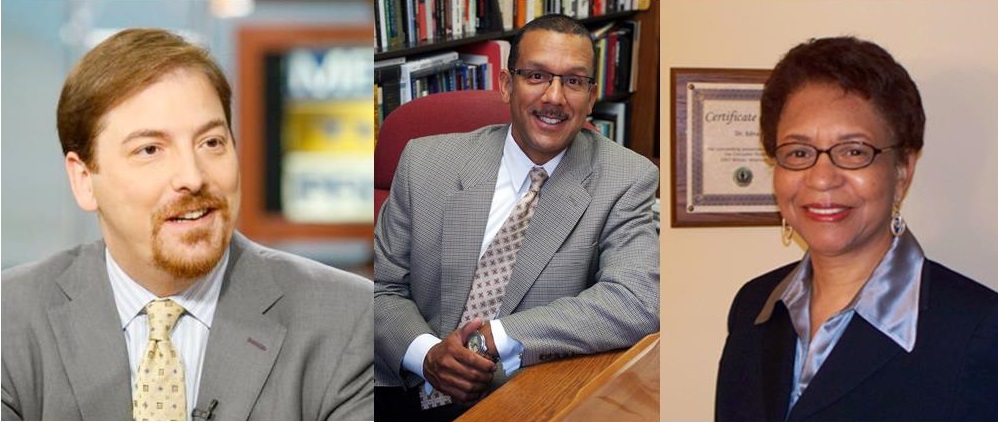
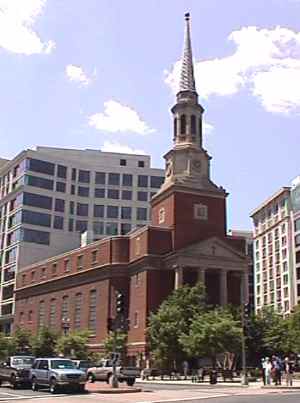
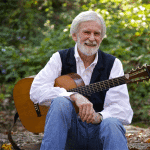 Cap off the day with an amazing concert at
Cap off the day with an amazing concert at 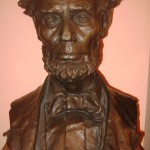 Today is the 206th birthday of Abraham Lincoln, our 16th and perhaps most well known President. And as usual, I’m chasing Abraham Lincoln.
Today is the 206th birthday of Abraham Lincoln, our 16th and perhaps most well known President. And as usual, I’m chasing Abraham Lincoln.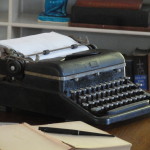 So what has life been up to lately? Here on Science Traveler I did some science traveling into the lands of sea grass, alligators and iconic writers. I found out that
So what has life been up to lately? Here on Science Traveler I did some science traveling into the lands of sea grass, alligators and iconic writers. I found out that  Science Traveler also delved into the science of Lincoln’s interest in, well, science. In particular his use of
Science Traveler also delved into the science of Lincoln’s interest in, well, science. In particular his use of  Hot White Snow reminisced about
Hot White Snow reminisced about 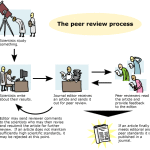 The Dake Page took on two serious topics to help communicate science to the public.
The Dake Page took on two serious topics to help communicate science to the public. 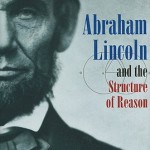 The main thesis of this book is that Abraham Lincoln’s greatness came from his mastery of the “six-books of Euclid” geometry, and the subsequent application of the six elements of Euclid into his logic, reasoning, and speeches.
The main thesis of this book is that Abraham Lincoln’s greatness came from his mastery of the “six-books of Euclid” geometry, and the subsequent application of the six elements of Euclid into his logic, reasoning, and speeches.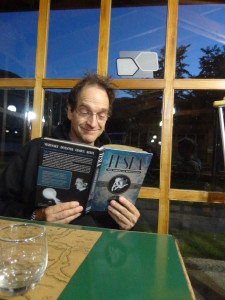
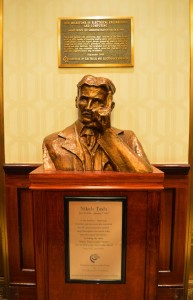
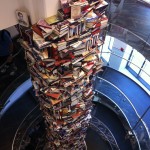 I’m lucky to have a growing collection of books about Abraham Lincoln. Nowhere near the 15,000 books reportedly written about our 16th President, but my sagging bookshelves now hold over 900 titles. The number of actual books is well over 1000 when one figures that some “titles” are 3 or 6 or 10-book sets.
I’m lucky to have a growing collection of books about Abraham Lincoln. Nowhere near the 15,000 books reportedly written about our 16th President, but my sagging bookshelves now hold over 900 titles. The number of actual books is well over 1000 when one figures that some “titles” are 3 or 6 or 10-book sets. Hot White Snow featured two articles.
Hot White Snow featured two articles. 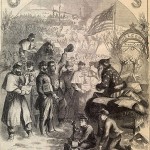 Lincoln’s Christmas gif
Lincoln’s Christmas gif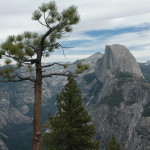
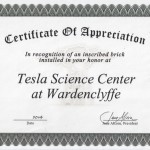 Which gets us to
Which gets us to  Climate Change got its own
Climate Change got its own 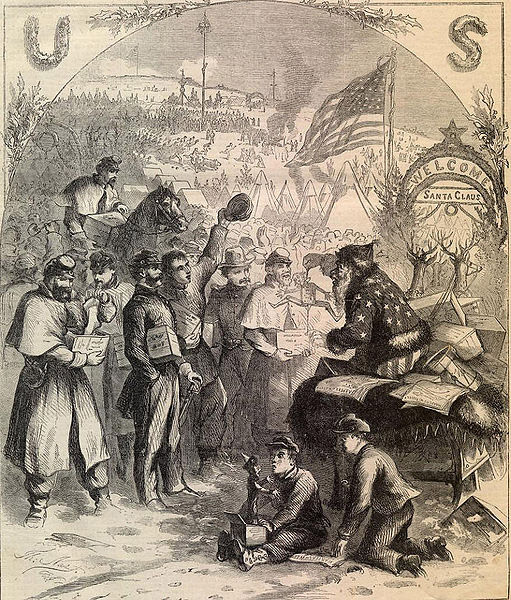
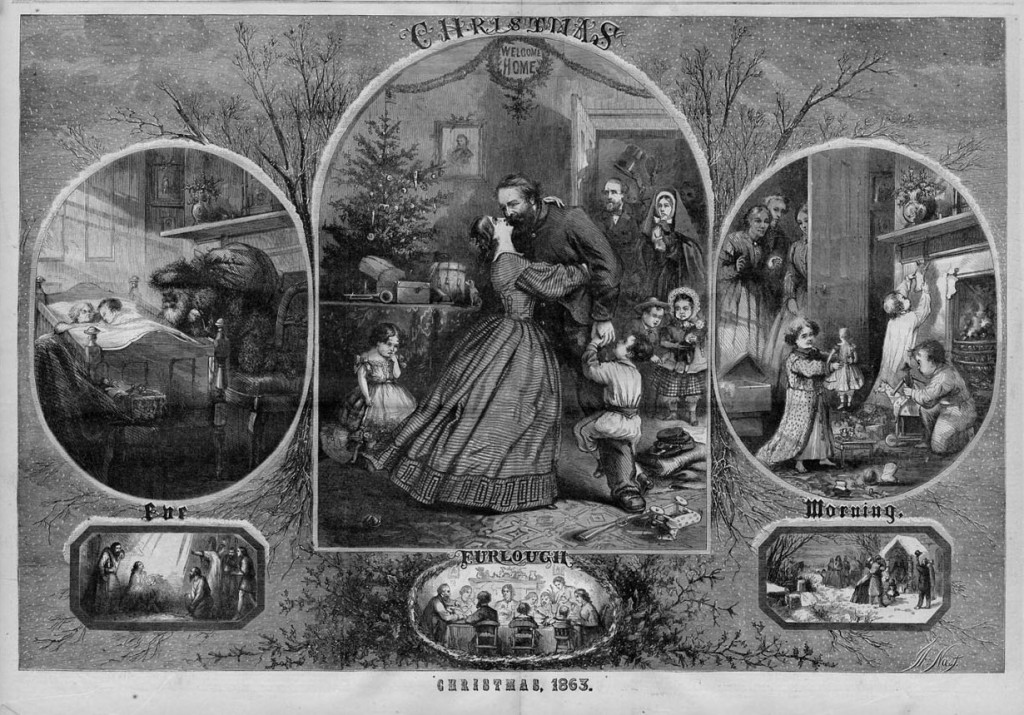
 Meanwhile, the writing biz continues to be busy. Two posts here on Science Traveler looked at
Meanwhile, the writing biz continues to be busy. Two posts here on Science Traveler looked at 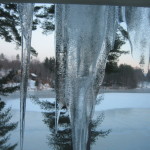 A daily writing prompt inspired a slightly off-the-path look a twinkling light. Can you follow the transition (and wordplay) in
A daily writing prompt inspired a slightly off-the-path look a twinkling light. Can you follow the transition (and wordplay) in 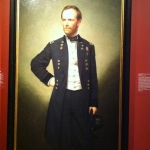 I also had an article published on the Smithsonian Civil War Studies page.
I also had an article published on the Smithsonian Civil War Studies page. 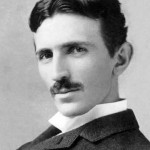 Nikola Tesla has been busy too. In just a few weeks is the
Nikola Tesla has been busy too. In just a few weeks is the 






